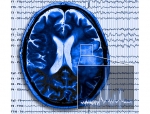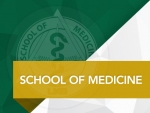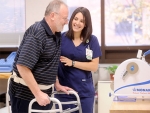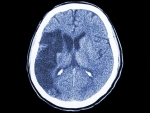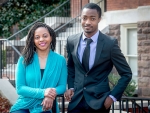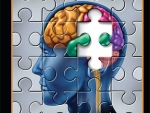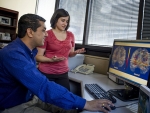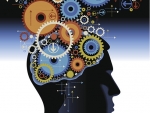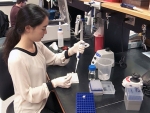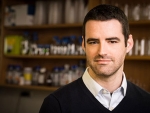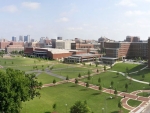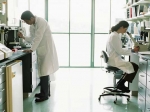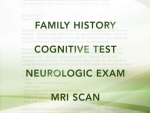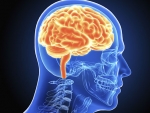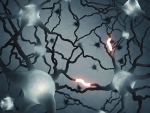Displaying items by tag: neuroscience
UAB researchers find a chemical pathway — a glutamate transporter — that may be causing seizures and shorten survival rates for patients with brain tumors.
Tagged under
UAB is one of five centers named to host the first class of fellows in the Edmond J. Safra Fellowship in Movement Disorders.
Tagged under
UAB has established the third multidisciplinary comprehensive clinic in the world for transverse myelitis, a rare spinal cord disease.
Tagged under
UAB has received prestigious designation as a Comprehensive Stroke Center from the Joint Commission and American Heart Association.
Tagged under
Here’s a look at the many fellowships, scholarships, honors and awards earned by the talented 2015 spring graduates at UAB.
Tagged under
- college of arts and sciences
- honors college
- science and technology honors program
- collat school of business
- department of biology
- department of chemistry
- neuroscience
- department of biochemistry and molecular genetics
- department of biomedical engineering
- department of art and art history
- department of anthropology
- department of philosophy
- department of mathematics
- department of communication studies
- department of sociology
- school of public health
- digital media commons
- university honors program
- international studies
The VORLab will study the effects of injuries sustained in football and other contact sports on balance, eye movement and vision to improve diagnostic tools and promote recovery.
Tagged under
UAB yields two-plus winners for fourth consecutive year for national undergraduate research scholarship program.
Tagged under
- college of arts and sciences
- school of engineering
- school of medicine
- department of biomedical engineering
- department of chemistry
- department of psychology
- undergraduate neuroscience program
- global and community leadership honors program
- honors college
- science and technology honors program
- department of pediatrics
- department of psychiatry and behavioral neurobiology
- department of physics
- neuroscience
A new comprehensive textbook on neurological diseases and conditions from the desk of a UAB neuroscientist will be available this spring.
Tagged under
Combined measurements of brain anatomy, connectivity and neurochemistry distinguish autism spectrum disorder subjects from controls.
Tagged under
Tagged under
National and local experts in biomedical engineering, neuroscience and rehabilitation will gather to examine the brain-machine interface as part of the UAB Bevill Neuroscience Symposium on Feb. 27.
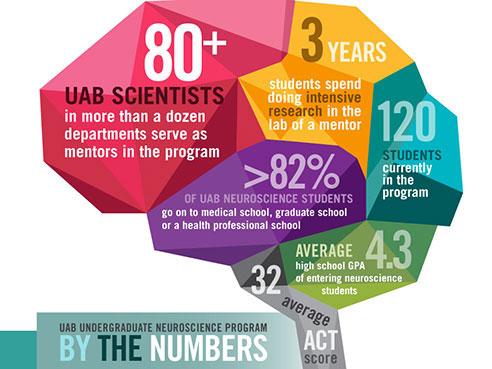 A unique program at UAB has linked undergraduate students with more than 80 top neuroscience research mentors, many located on UAB’s medical campus.
A unique program at UAB has linked undergraduate students with more than 80 top neuroscience research mentors, many located on UAB’s medical campus.
Tagged under
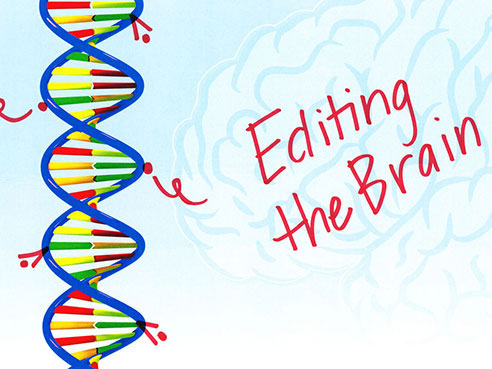
Epigenetic changes are implicated in a host of neural conditions, from Alzheimer's-related memory loss to depression. Now, a revolutionary set of molecular editing tools are allowing scientists to alter the epigenome like never before. In The Mix, UAB neuroscientist Jeremy Day, Ph.D., explains how he uses these techniques in his lab, and why they could lead to an entirely new kind of therapy.
Tagged under
Tagged under
- honors college
- college of arts and sciences
- school of engineering
- school of public health
- neuroscience
- department of biomedical engineering
- department of political science and public administration
- department of accounting and finance
- department of biology
- department of sociology
- office of global engagement
- collat school of business
Tagged under
Tagged under
- campaign for uab
- kidney chain
- office of global engagement
- cancer and radiology
- honors college
- school of medicine
- school of health professions
- school of education
- collat school of business
- school of public health
- school of nursing
- school of engineering
- abroms engel institute for the visual arts
- college of arts and sciences
- science and technology honors program
- southern research institute
- neuroscience
- center for information assurance and joint forensics research
- department of computer science
- department of criminal justice
- division of pediatric infectious diseases
- department of pediatrics
- school of optometry
- school of dentistry
- comprehensive diabetes center
- uab medicine
- department of nutrition sciences
- department of psychology
- department of anesthesiology and perioperative medicine
- alys stephens center
- artplay
- oneal comprehensive cancer center
 Women have no effect on mice, but men cause a stress level comparable to a three-minute swim. Results indicate that researchers should account for these variables.
Women have no effect on mice, but men cause a stress level comparable to a three-minute swim. Results indicate that researchers should account for these variables.
UAB has launched one of the first clinics in the nation designed to provide healthy adults with an assessment of their risk for Alzheimer’s disease.
Tagged under
A ramped-up immune response may play a major role in autism disorders, according to a new study from UAB and Johns Hopkins.
Tagged under
A new UAB study reports on a potential new treatment for frontotemporal dementia, the second most common type after Alzheimer’s disease.
Tagged under
